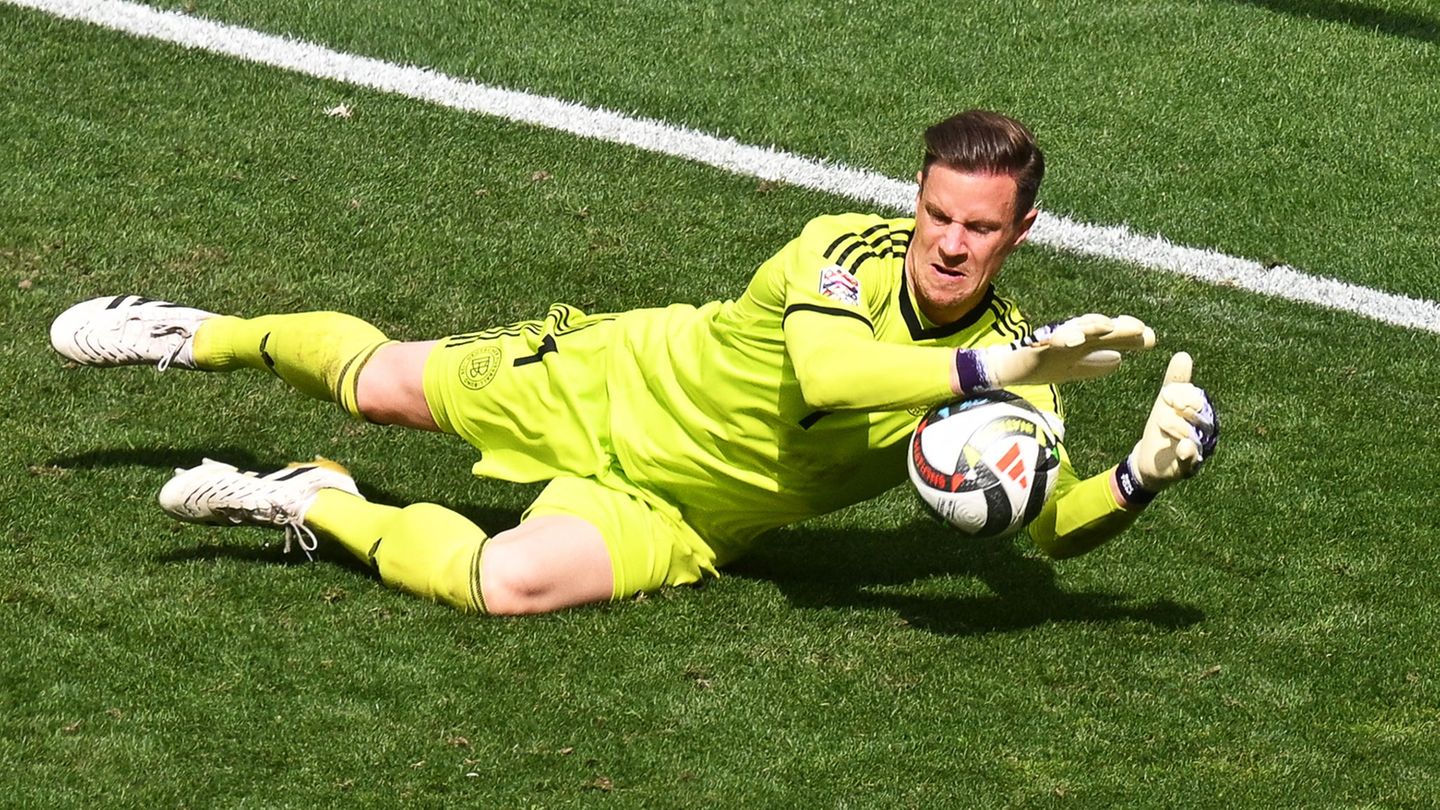Germany wants to become less dependent on Russian oil and gas. The expansion of oil production in the North Sea is also being considered. Environmental groups are sounding the alarm.
Environmentalists have again sharply criticized the possible expansion of oil production in the Schleswig-Holstein Wadden Sea.
Threat to climate protection and nature
Several associations demonstrated on Friday within sight of the Mittelplate drilling platform in front of Friedrichskoog against the planned expansion in the national park. Deutsche Umwelthilfe (DUH), Schutzstation Wattenmeer and WWF are calling on the operator Wintershall Dea to stop the plans and end the existing funding by 2030 instead of 2041. Germany does not need this oil, said DUH federal manager Sascha Müller-Kraenner. The drilling is a major threat to climate protection and nature.
In view of efforts to reduce dependence on Russian gas and oil, Schleswig-Holstein is also considering expanding oil production in the Wadden Sea. The CDU and FDP in the country recently spoke out in favor of the project. Even the Greens’ top candidate for the state elections on Sunday, Minister of Finance Monika Heinold, said when asked by the DUH that “the search for alternative sources also includes Mittelplate”. However, she linked her consent to an increase in production volumes to the condition that Wintershall Dea linked the application to an earlier exit date for the platform as a whole.
Funding approval until the end of 2041
Oil has been pumped from Mittelplate in the North Sea without any problems since 1987. According to the company, Mittelplate is “a mainstay of German oil production and by far the most productive oil field in Germany”. The production permit runs until the end of 2041. In 2019, the company applied to also produce oil in the southern part of the reservoir. According to earlier company information, the formal duration of an application for a permit is 50 years. In the southern part, too, funding should only be available until the end of 2041.
Müller-Kraenner is skeptical as to whether funding should actually only be granted until 2041 instead of 2069. “I don’t want to rely on it.” In addition, the DUH and the other associations also considered 2041 to be too late. Mittelplate produces around one million tons of oil annually, which corresponds to one percent of German oil consumption. The new subsidies are expected to add around 120,000 tons per year. In the opinion of the associations, Mittelplate is not making a relevant contribution to security of supply.
Hans-Ulrich Rösner, head of the WWF Wadden Sea Office, referred to the dangers for the area, where hundreds of thousands of waders and waterfowl stop over every year. In addition, a large part of the global oil reserves must remain in the ground so that climate protection can work. “It is obvious that this can and must be done in protected areas with priority.”
Natural gas production off the island of Borkum
Rösner is also critical of the U-turn by the Lower Saxony state government with regard to possible natural gas production off the island of Borkum. In view of the uncertainties in the energy supply caused by the war in Ukraine, she spoke out in favor of a reassessment of the project. A final decision has not yet been made. “That won’t help with short-term gas bottlenecks,” said Rösner. “Basically, you install a structure for decades to extract fossil gas from the ground of a protected area without actually helping to bridge this bottleneck that may soon occur in terms of timing.”
A Dutch company wants to set up and operate a platform around 20 kilometers from Borkum. In addition, a transport line is to be built. The gas is to be split between Germany and the Netherlands.
Source: Stern
Jane Stock is a technology author, who has written for 24 Hours World. She writes about the latest in technology news and trends, and is always on the lookout for new and innovative ways to improve his audience’s experience.




